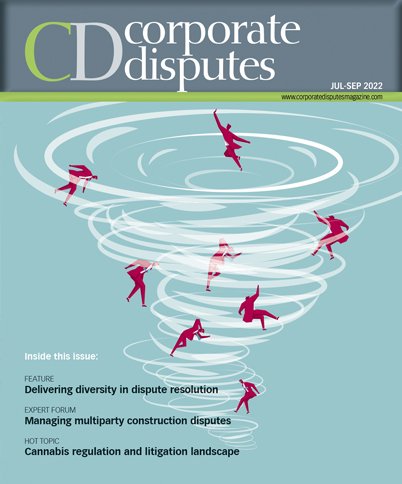COMPARISON OF LITIGATION, ARBITRATION AND MEDIATION
The German legal system provides for different methods to resolve disputes, in particular litigation, arbitration and mediation. This article compares those common dispute resolution methods in German legal practice and explains the different advantages in practice.
Litigation
Litigation is probably the most common dispute resolution method, as it does not have to be agreed on to be applicable. Rather, it applies if any other dispute resolution clause lacks. As a consequence, litigation is very important in daily legal practice.
Judicial proceedings before state courts are characterised by a comprehensive legal framework including the Code of Civil Procedure (ZPO) and the Judicature Act (GVG). As a consequence, parties have little influence on the course of the proceedings and the court has extensive leeway, in particular as regards scheduling. In any case, entrepreneurs and companies are generally free to choose the competent court when agreeing on a dispute resolution clause.
The judge is determined in advance based on statutory provisions on jurisdiction and the business allocation plan. This is because state judges must be neutral and independent according to the German Constitution. In order to guarantee this neutrality, parties may reject a judge for bias and judges may reject themselves on the same grounds. This ensures a fair procedure in which the parties face each other on an equal footing.
Although commercial relationships are often international, proceedings before state courts are generally conducted in German. However, some commercial courts where proceedings can be conducted in English have already been established and their number will increase. Further, state judges are not necessarily specialised. As a consequence, knowledge and experience in the relevant factual matter may be uncertain.

